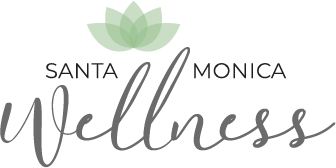Some common questions about acupuncture are answered below. Call us if you have other questions or if you are interested in improving your life through acupuncture treatment.
-
 Santa Monica Wellness Center12304 Santa Monica Blvd.
Santa Monica Wellness Center12304 Santa Monica Blvd.
Suite 218
West LA, CA 90025(310) 451-7170
